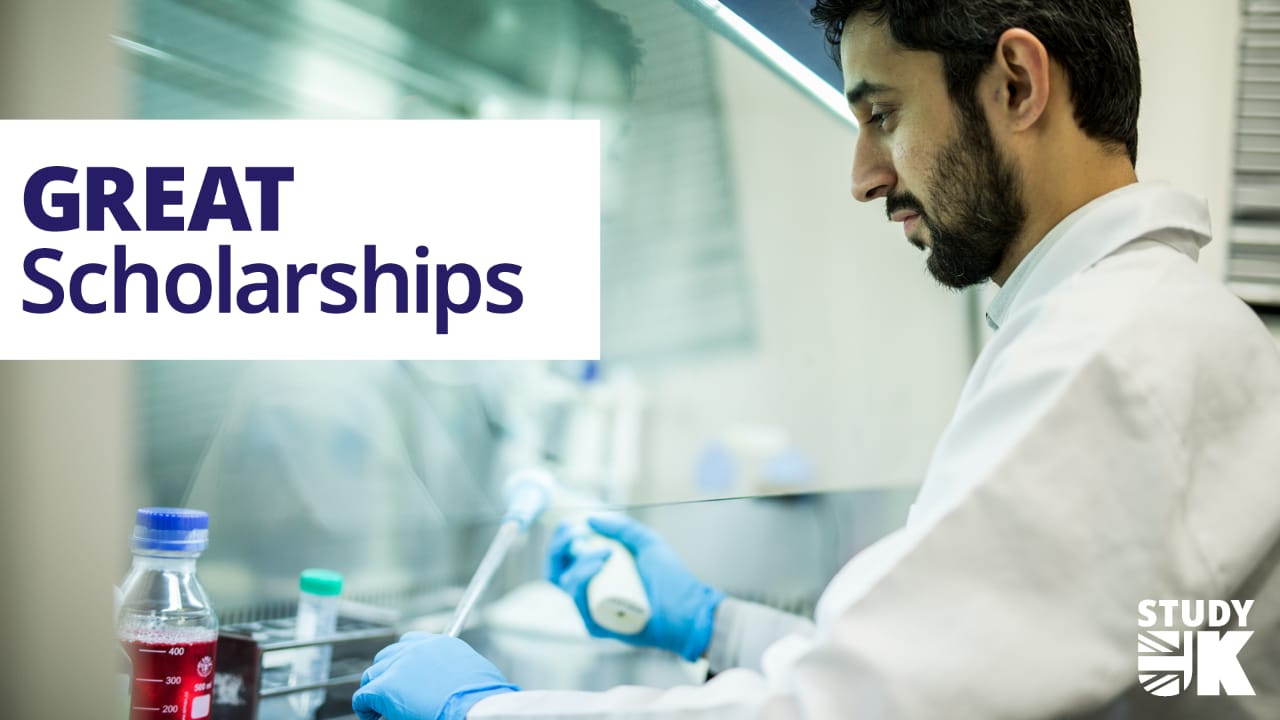Popular Reads
Top Results
Can't find what you're looking for?
View all search resultsPopular Reads
Top Results
Can't find what you're looking for?
View all search resultsMaking the most of your overseas study experience
Change text size
Gift Premium Articles
to Anyone
W
hile acknowledging the challensges posed by the COVID-19 pandemic, Indonesian university graduates furthering their studies overseas are making the best of their academic year.
For new Indonesian university graduates pursuing postgraduate study in the United Kingdom, the challenges commenced even before their departure for London, or when the COVID-19 outbreak had already hit globally.
“The uncertainty of [campuses] opening toward the new academic year among several universities in the UK and the changing rules from the Indonesian and UK governments were the biggest challenges when I prepared for studying in the UK,” said Willy Hanugrah Gusti, a postgraduate student at Imperial College London, majoring in transportation and business management.
Willy flew to the UK in mid-September 2020.
The thought of deferring to the following year crossed his mind before he received advice from another student who said it was possibly the “right” moment for him to pursue a master’s degree with a scholarship — not everyone has a second chance for that.
“At that exact moment, I realized that the bright side of the pandemic was that I finally could fulfill my childhood dream to go to England for my postgraduate study with a scholarship,” said the 28-year-old, who was one of the recipients of the 2020 Great Scholarships.
Indrianita Lionadi, who also secured a Great Scholarship to study at Ulster University, Northern Ireland starting from the end of January, said she had to fulfill many additional protocols, like a PCR test, self-isolation and a passenger locator form.
“Not to mention, the very limited campus orientation and welcoming week had to be done fully online,” said the 23-year-old.
“I saw this situation as a good moment to be used to study and improve myself by learning as many things as possible so that I can be well prepared and ready to cope with the changes and the post-pandemic future.”
When it comes to academic activities, Willy said learning for a graduate student before and during the COVID-19 pandemic, “is mostly the same as we are expected to study independently outside timetabled classes”.
“Most of the time, I tend to study in my apartment. But when I get bored of my room, I can still make use of campus facilities, even though we are still on national lockdown from November 2020,” he said.
In the library, he added, he could borrow books, use its study spaces and meet his friends for an occasional group study.
“Of course, we respect health protocols; we wear masks, keep a physical distance and wash our hands regularly.”
“I need to make the best of my year. The use of digital platforms for education is a way to innovate as we evolve as human beings, and I guess blended learning between face-face teaching and online classes can be beneficial for us. Hopefully, the vaccine is going to ease the [health] measures soon enough, so I can do site visits for my research dissertation,” said Willy, who spends between six and eight hours a day studying.
To control his productivity and keep track of the targets he can meet every day, he likes using a timer on his phone.
“It is very useful for me to keep up with my to-do list. I also learned from the Imperial College student well-being advisor that if I treat learning as working, then I can unlock the ‘power of routine’,” he said.
“Obviously, priorities and breaks are needed to ensure this plan works. It is not a big change for me as I was working full time before my postgraduate study. Overnight studying to finish my coursework is almost like working overtime — I’ve done that as well.”
Independent learning
Indrianita shares Willy’s view about independent learning, which is supported by the library and other campus facilities.
She said that she usually attended her online classes from her dorm room. For her particular course, she said, she conducted online learning in the first semester. Blended learning — now under further review — will be adopted for the next semester.
“So far, I basically attend the scheduled classes online. After that, I take time to review the lecture recordings and usually go to the campus library to work on assignments,” said Indrianita, who is pursuing a master’s degree in biomedical engineering.
“I go to the campus for independent learning and assignments, as it has a cozy library that is still open with reduced service hours and limited visitor numbers.”
On average, she spends about seven hours on independent learning and assignments on weekdays and about three hours on weekends.
“I need to spend more time on independent learning because it [seven hours] is really not enough for me to thoroughly understand the course, especially through only the brief online lectures,” she explained.
“But I also need to manage other routines like cooking, social activities, essentials shopping and traveling around on some weekends.”
Keeping fit and maintaining a healthy social life are also major concerns for internati2onal students amid the pandemic.
“Thanks to the nice, green and full-of-fresh-air environment around my campus, I’m motivated to regularly jog around at least once a week,” said Indrianita, who misses being part of the crowd in parades, festivals or just regular offline classes.
For her social life, Indrianita said she did a lot of conference calls.
“I keep connected with my community back in Indonesia, and I also join various online social events here. Fortunately, it is not only limited to online meetings; I also meet new friends in person, mostly international students who live around my accommodation. We often go shopping together for groceries or just grab some fresh air — of course, only limited to between two and three people,” said Indrianita.
To keep healthy, Willy does 20 to 30-minute workouts by following YouTube videos every week and cycling across town every weekend with a rental bicycle.
“It is very refreshing to cycle around London,” he said. “Walking to the grocery store is also exercise as it [the distance] is 5 kilometers back and forth.”
Cooking together with his classmates every weekend is another way for him to cope with the pandemic.
“I even initiated the DuCane Cooking Challenge with other Indonesian students living next door, so we can exchange meals and test how good our cooking skills are. So far, we have tried traditional Indonesian dishes, British recipes, Western food and even Chef Willgoz’s recipe from YouTube,” he said.
Obtaining a master’s degree overseas, especially in the UK, is Willy’s childhood dream.
“In fact, I have been dreaming to go to Old Trafford to see my favorite soccer club stadium, Manchester United, since I was a child. The UK, as a developed country, will be a perfect place for me to explore the latest innovations in transportation, as well as how [transportation] was managed through the centuries. Even during this difficult time, it is a life-changing experience to learn how the UK responds to the pandemic.”
Willy’s offered this advice to future Great Scholarship recipients: “The UK has all the facilities and latest research to make your study worthwhile. In terms of non-academic experience, it will be life-changing for you as long as you open yourself up to a whole new perspective. Be proactive and kind to everyone, then everything great will revolve around you. So, choose your favorite course to study and relevant subjects that can boost your future. Get a scholarship, make your parents and family proud!”










